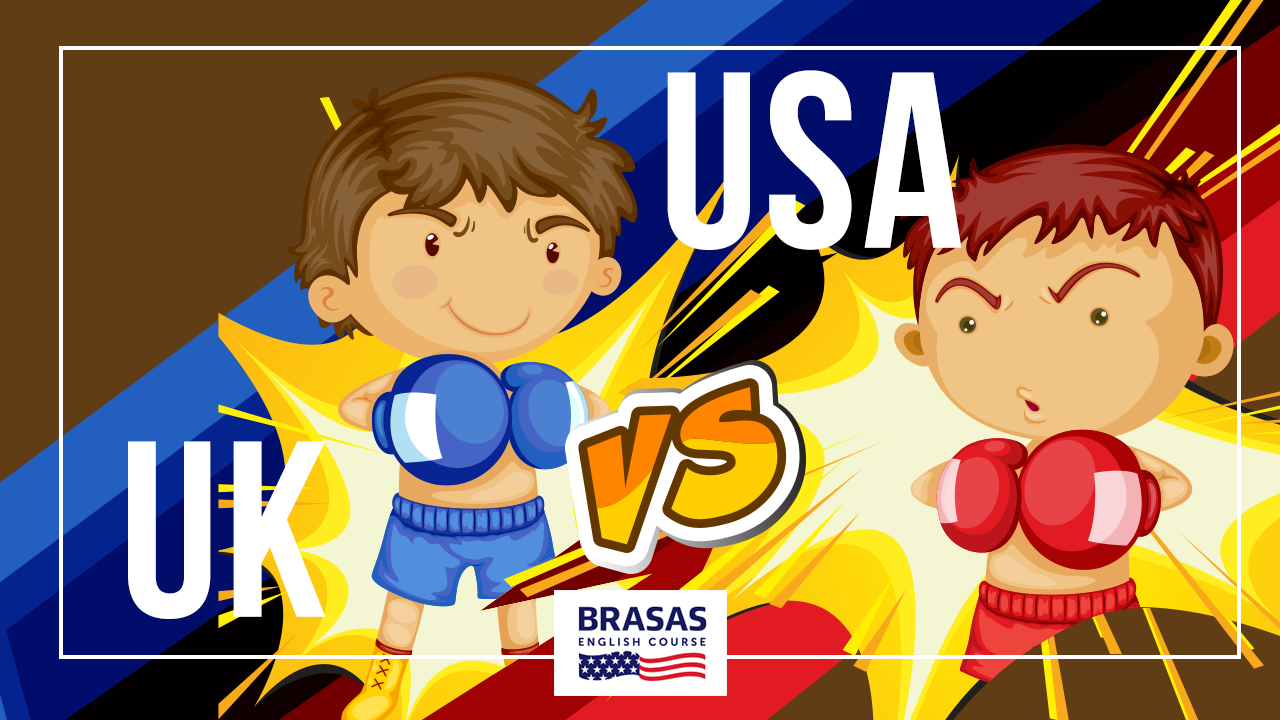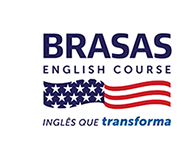
English is a global language and no one can deny it. It is everywhere we look, especially in the UK and the USA. But have you ever stopped to think that British and American people speak the same language but both of them have some peculiarities? These differences can be noticed in grammar, spelling, vocabulary and pronunciation.
VOCABULARY
British people say lorry, not truck, lift, not elevator and chips, not French fries. Some words have different meanings, for example in British English a holiday is a vacation. In American English, holiday is a day of festivity or recreation when no work is done. There are many examples. Often, a dictionary will precede a definition with “British” or “North American”.
SPELLING
Aeroplane or airplane? Cheque or check? Grey or gray? Colour or color? Just take your pick… But don’t mix and match! Adopt one standard and stick with it.
GRAMMAR
Singular/Plural
In British English collective nouns are usually considered plural, but in the States, singular!
The government are worried. (UK) The government is worried (US)
The couple are about to get married. (UK) The couple is about to get married. (US)
The Parliament have enacted laws. (UK) The congress has enacted many laws. (US)
Prepositions
At the weekend? Yes! when in England! When in the States, see you on the weekend!
I live in the High Street. (UK) I live on Main Street. (US)
PRONUNCIATION
This is definitely the most important difference between American and British English.
We could talk about this for hours! In the UK, there are many more regional differences than in all the US and Canada! In North America, you can travel thousands of miles and not hear significant differences, whereas in the UK, sometimes crossing the street can throw you into a whole new dialect!
But let’s take a look at a really important difference:
In American English the sound of “R” is always strong (except in New England!) but in British it is usually silent.
My caR is heRe. American
My ca(r) is he(r)e. British
All these differences were much more prevalent in the past, but due to Hollywood and Rock and Roll, many Americanisms have crept into British English, and pronunciation has become a little more similar. So no matter which variety of English you speak, you will easily understand and be understood by all.

 Indique e Ganhe
Indique e Ganhe


